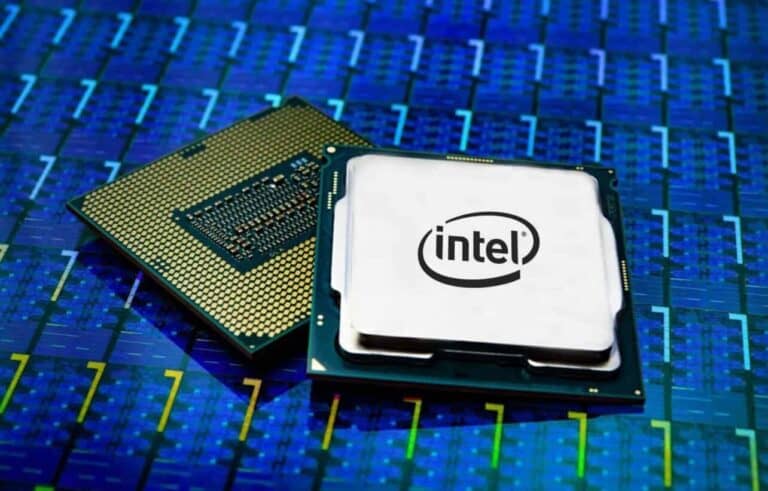Intel Corporation announced that it will rebrand and upgrade of its Celeron and Pentium entry-level laptop processors in 2023.
The new Celeron and Pentium processors will be available to the general public by the first quarter of next year. Intel aims to make things easier and streamline the customer journey and experience.
“Intel is committed to driving innovation to benefit users, and our entry-level processor families have been crucial for raising the PC standard across all price points”, said Josh Newman, general manager of the Mobile Client Platform Division at Intel. “The new Intel Processor branding will simplify our offerings so users can focus on choosing the right processor for their needs.”
Celeron and Pentium processors
The product lines of Pentium and Celeron chips comprise primary processing units that are designed explicitly for short-end and essential laptops. The two brands have established a mark in the industry with more than two decades of presence. The Celeron processor was first launched in 1998, whereas the Pentium product line debuted in 1993.
The original Pentium chip consisted of 3.1 million transistors manufactured using an 800-nanometer production process. Intel’s first CPU featured superscalar architecture, which was capable of carrying more than one computing instruction per clock cycle. Its 60 megahertz clock rate equalled one-hundreth of the maximum speed of Intel’s present flagship desktop CPU, the Core i9-12900KS.
Following its launch, Pentium chips turned into Intel’s flagship processors for all computers. These processors gained popularity, and as a result, Intel launched a new Intel Core brand in 2006. On the contrary, Celeron chips are widely implemented in affordable Google LLC-powered laptops and Chromebooks. In just 2021, more than 37 million Chromebooks were sold, according to research by IDC.
Celeron and Pentium processors have varying chip architectures. Celeron employs Intel’s Atom architecture, focusing on affordability, and Pentium processors prioritize advanced core designs over price.
The speediest Pentium chips (Pentium Gold) implement Alder Lake Architecture based on 7-nanometer manufacturing processes. These chips usually comprise two sets of cores, one optimizing performance and another focusing on energy efficiency.
